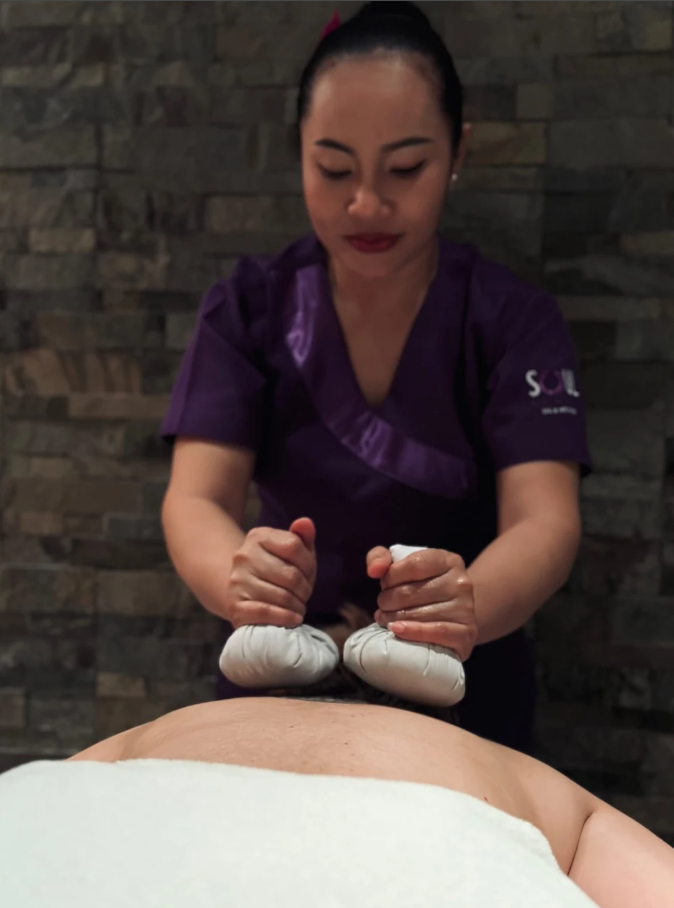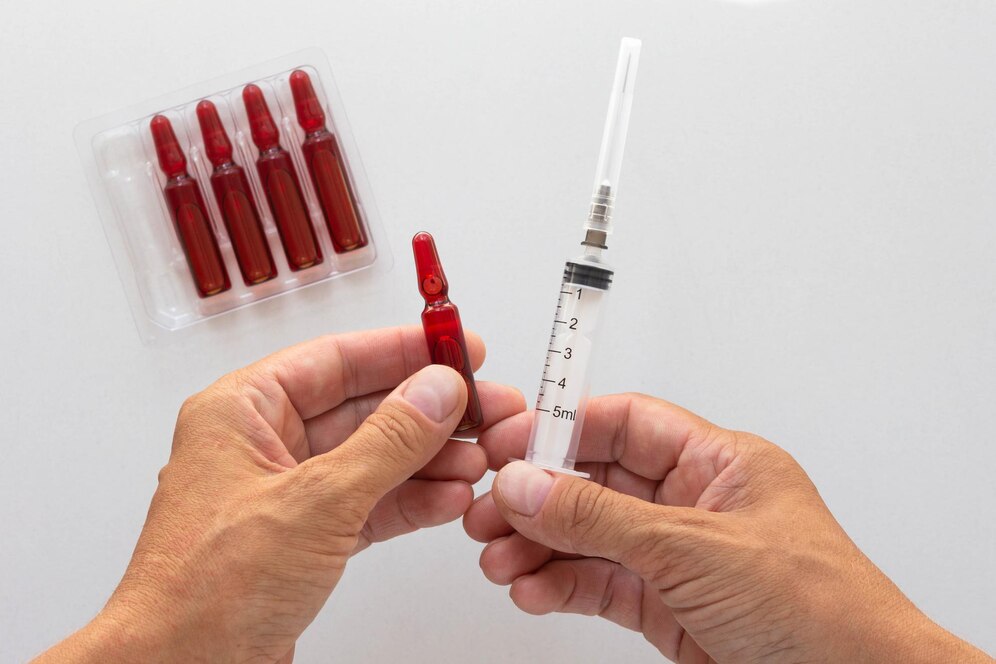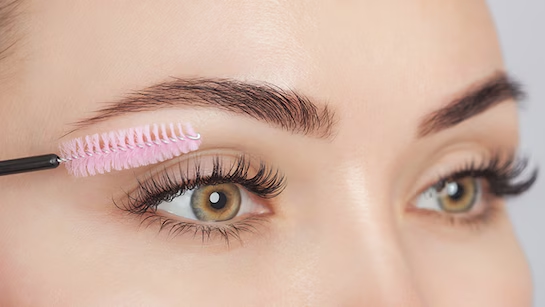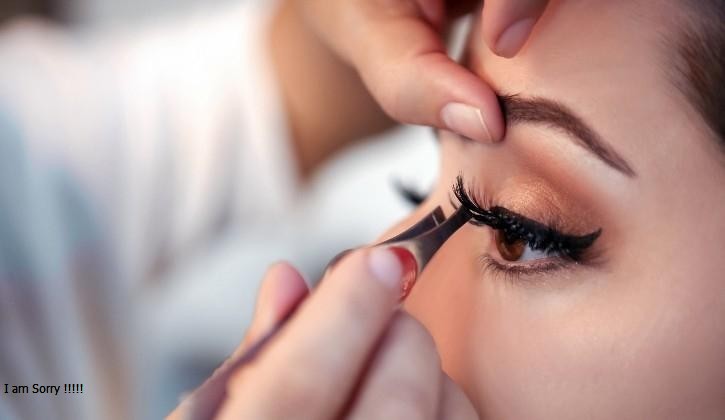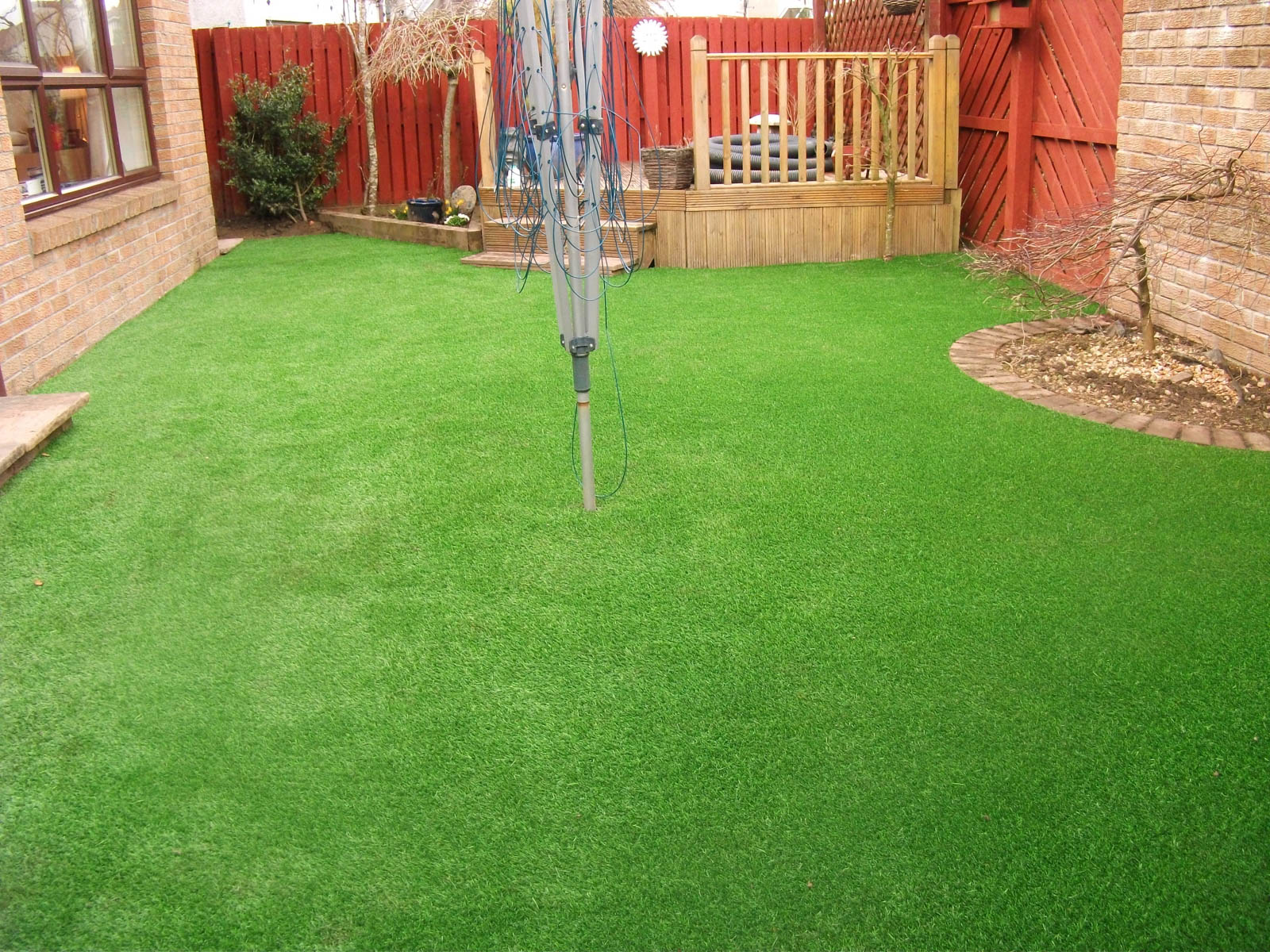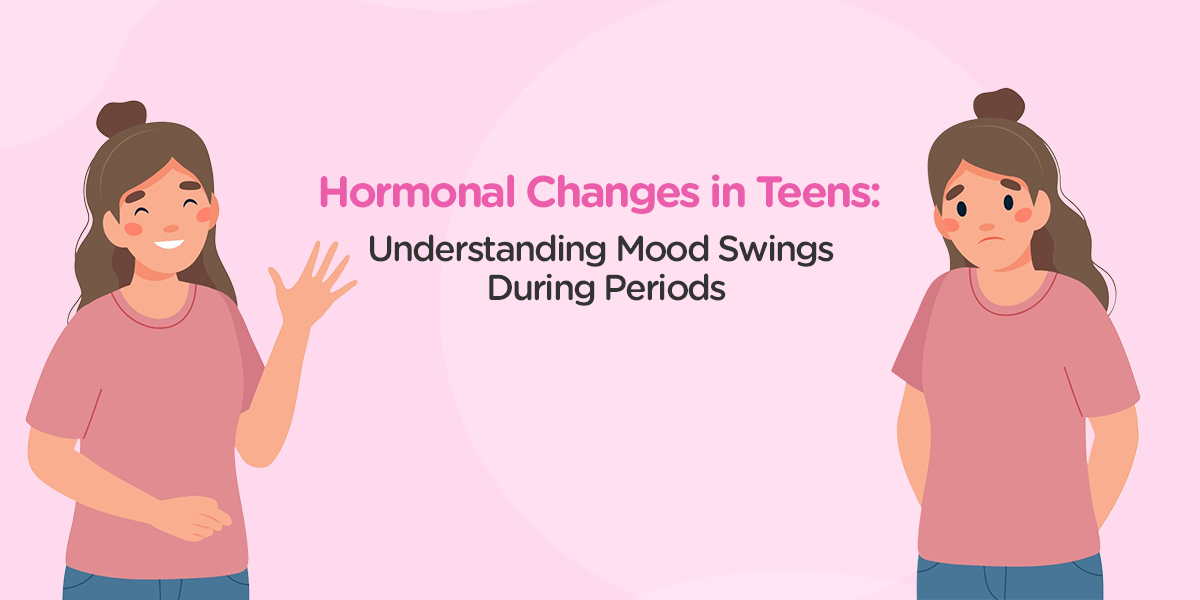Sleep Optimization for Fitness Results: The Missing Link in Your Training Program
In the world of fitness, there’s a heavy focus on training routines, diet plans, and supplements. From early-morning gym sessions to counting every gram of protein, many people are dedicated to doing whatever it takes to reach their fitness goals. But there’s one crucial factor that often gets overlooked: sleep.
Sleep isn’t just about resting after a long day—it’s a powerful tool for recovery, muscle growth, fat loss, and overall performance. If you’re working hard in the gym but not seeing the results you expect, poor sleep could be the missing link in your training program.
Let’s explore how optimizing your sleep can maximize your fitness gains, and how to start improving your sleep today.
Why Sleep Matters for Fitness
1. Muscle Recovery and Growth
After a tough workout, your body needs time to repair muscle tissue. This rebuilding process mostly happens while you sleep. Growth hormone, which helps muscles grow and recover, is released in large amounts during deep sleep (especially in the first half of the night). Without enough quality sleep, your body struggles to repair and build muscle effectively, no matter how hard you train.
2. Fat Loss and Metabolism
Lack of sleep can mess with your metabolism. It affects hormones like ghrelin (which increases hunger) and leptin (which tells you you’re full). When you’re sleep-deprived, ghrelin goes up, leptin goes down, and you’re more likely to crave high-calorie foods. Studies have shown that poor sleep can lead to more fat retention, even when you’re eating the same amount of calories as someone who’s well-rested.
3. Exercise Performance
Sleep impacts energy, focus, and coordination. A poor night of sleep can reduce strength, endurance, and reaction time. Whether you’re lifting weights, running, or playing sports, you’ll likely notice a dip in performance when you’re sleep-deprived.
4. Injury Prevention
When you’re tired, your body doesn’t move as efficiently. Your reaction times slow down, your balance weakens, and your form can suffer. Over time, this increases your risk of injuries—both minor (like strains) and major (like tears or fractures).
How Much Sleep Do You Need?
Most adults need 7–9 hours of sleep per night. Athletes or people training intensely may need up to 10 hours for optimal recovery. Quality matters too—just lying in bed for 9 hours doesn’t mean you’re getting deep, restorative sleep.
If you’re consistently sleeping under 6 hours, you’re likely compromising your results—no matter how clean your diet or how hard you train.
Signs Your Sleep Is Affecting Your Fitness
- You’re constantly sore, even days after a workout
- Your strength or performance is plateauing or declining
- You struggle to lose fat despite eating clean and working out
- You’re always tired, moody, or unmotivated
- You’re getting injured more often
If any of this sounds familiar, it’s time to take your sleep more seriously.
Sleep Optimization Tips for Better Fitness Results
1. Create a Sleep-Friendly Environment
- Darkness is key: Use blackout curtains and avoid bright lights an hour before bed.
- Cool it down: The ideal sleep temperature is around 65°F (18°C). A cool room helps your body fall and stay asleep.
- Limit noise: Use earplugs, white noise machines, or fans to block out disruptive sounds.
- Comfort counts: Invest in a quality mattress and pillow that support your body.
2. Stick to a Consistent Sleep Schedule
Try to go to bed and wake up at the same time every day—even on weekends. This helps regulate your body’s internal clock, improving sleep quality and recovery.
3. Limit Caffeine and Alcohol
Caffeine can stay in your system for 6–8 hours. Avoid it in the afternoon and evening. Alcohol might help you fall asleep faster, but it interferes with deep sleep, which is crucial for recovery.
4. Wind Down with a Nighttime Routine
Give your brain a signal that it’s time to sleep. Try reading, stretching, meditating, or taking a warm shower an hour before bed. Avoid screens, as blue light from phones and TVs can block melatonin (your sleep hormone).
5. Don’t Eat Too Late
Heavy meals right before bed can interfere with digestion and disturb your sleep. Aim to finish eating 2–3 hours before hitting the pillow.
6. Nap Strategically
If you need a nap, aim for 20–30 minutes in the early afternoon. Longer naps or naps taken too late in the day can make it harder to sleep at night.
7. Track Your Sleep
Use a sleep tracker or smartwatch to monitor your sleep patterns. This can help you see how things like workouts, stress, or late-night snacking impact your sleep.
Real-Life Case Study: The Fit but Exhausted Gym-Goer
Let’s take Josh as an example. He’s a 28-year-old guy who works out 5–6 days a week, eats clean, and takes all the right supplements. But he’s always tired, can’t seem to build muscle, and feels like he’s stuck.
After looking into his habits, he realizes he’s only averaging about 5.5 hours of sleep a night. Once he starts getting 8 hours consistently—cutting back on late-night screen time, using a sleep mask, and skipping that extra espresso—his energy skyrockets, his lifts improve, and his body composition starts changing.
Sleep was the missing piece.
Advanced Tips for Athletes and Hardcore Lifters
If you’re already serious about fitness, here are some next-level tips:
- Sleep extension: Try sleeping 9–10 hours on heavy training days or rest days to enhance recovery.
- Recovery naps: After tough sessions, short naps (20–30 mins) can boost growth hormone levels.
- Cold exposure in the evening: Ice baths or cold showers at night may improve deep sleep in some individuals (but test this out—everyone reacts differently).
- Mind your training timing: Training late in the evening can raise cortisol and adrenaline, making sleep harder. Try to train earlier in the day if you struggle to wind down.
The Bottom Line
You can’t out-train poor sleep. You can’t out-diet it either.
If you’re serious about maximizing your fitness results—whether that means building muscle, burning fat, boosting endurance, or just feeling better—prioritizing sleep is non-negotiable. It’s not a luxury; it’s part of the program.
So next time you plan your training schedule or meal prep for the week, add “optimize sleep” to the list. You might be surprised how quickly things start to change when you finally give your body the rest it’s been begging for.
Quick Sleep Checklist for Fitness Success:
- ☐ 7–9 hours of sleep per night
- ☐ Consistent bedtime and wake time
- ☐ No screens 1 hour before bed
- ☐ Cool, dark, quiet sleep environment
- ☐ Light meals at night
- ☐ No caffeine after 2 p.m.
- ☐ Evening wind-down routine
Remember: muscle is built in the gym, but it grows during sleep. Train hard, eat smart—but sleep like it’s your job. As you continue on your fitness journey, don’t forget to explore other resources for self-care and mindfulness at Venzec.icu.



